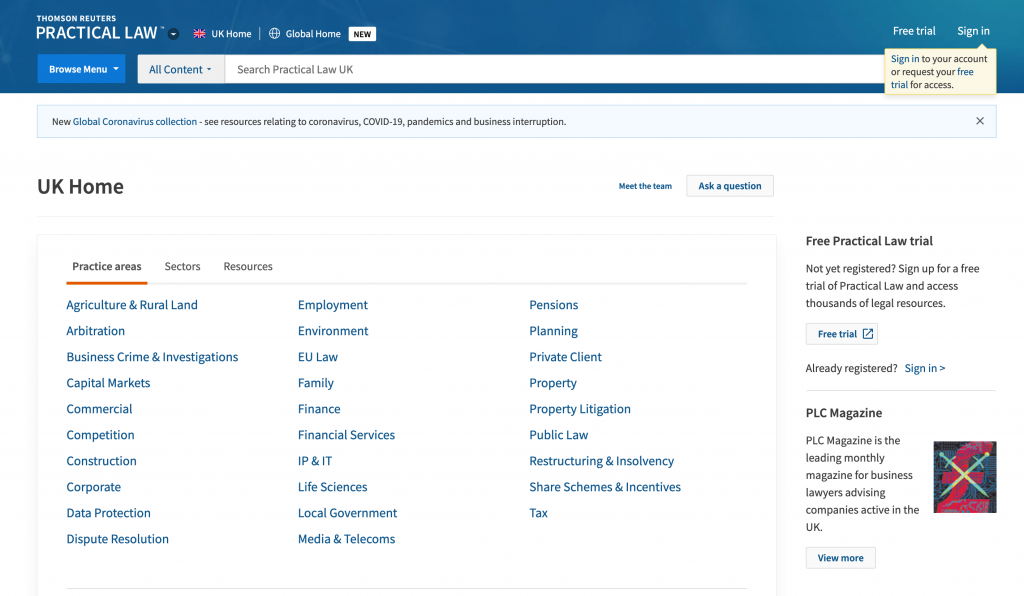Mooting beginner? Here’s what I’ve learned…
Mooting is something that is practically obligatory if you want to apply to the Bar. If you perform well, it’s an excellent demonstration of your advocacy skills. If you don’t, it’s still useful for building up advocacy experience, skills and confidence so that hopefully – at some point – you do!

There are plenty of opportunities for mooting at City, and many competitions open quite early in the academic year. This can be intimidating for someone who has little to no experience so far in law. Some people entering will have work experience in industry or academia, some competitions are open to those on the Bar course, and many of the national competitions are highly competitive. How, then, to make yourself stand out?
I don’t profess to be a mooting expert. In fact, far from it, I’ve had varying levels of success in the moots I have done. I was eliminated early on in the GDL Internal Moot at City (the first moot I did) but have reached the finals of the European Human Rights Moot, from which the City team had to sadly withdraw after Covid-19 rescheduling difficulties, and the Francis Taylor Building Moot, which is to take place later this year. Both of these involved a paper sift: the former to select a team to represent City at the regional rounds and the latter in determining the teams which were to compete in the Semi Final.
The advice below is my personal perspective on how to approach entering national mooting competitions, particularly if you’re early on in your legal career.
- Don’t be deterred by unfamiliar subject areas. Entering national competitions may seem daunting, especially if the moot problem concerns an area of law you’re unfamiliar with. However, bear in mind that mooting topics are chosen so that the problems themselves are accessible to the vast majority of applicants – and if you’re not familiar with it, it’s likely that others won’t be either.
- Read the main textbook chapters / practitioners’ handbooks. A good place to start are the authoritative textbooks and handbooks (including those on Practical Law), to get to grips with the broad outlines of a topic. Use these to increase your own understanding rather than to regurgitate the principles in a skeleton argument: how does the information given relate to the moot problem? Are there any gaps or major debates? Is the case law inconsistent? If so, why?

- Read the judgments in full. If the moot problem contains specific cases, make sure you read these in full, not just the commentaries. These have been given to you for a reason, to signal more in-depth discussions of the issues. Look for: the ratio behind each judgment (even if judges broadly agree, do they come to the same conclusion via different reasoning?), clear exposition of the issues (e.g. do the judgments set out criteria for a legal test? How would you apply these criteria to the facts of your case?), dissenting judgments, points of debate, considerations of policy, etc.

- Look at current debates and discussions of the topic. Moot problems can often touch on topical debates; they may be issues which have recently come before the courts or are being appealed, or ones which haven’t yet received general judicial consensus. If so, it is worth checking online to see if there are commentaries or working papers written by academics or practitioners, which might shed further light on the main issues.
- Lead with arguments not explanations. The organisers of the moot will likely be experts in the area of law from which the problem is set. Don’t, therefore, bore them with lengthy (and frankly, irrelevant) explanations of how the law works in your skeleton argument (which they are likely to know already) – get to the point, highlight where your main legal arguments lie, and apply the facts. This is essential if you are entering a moot where you’ll be judged on your skeleton and where you’re limited to a maximum number of pages.
- Keep it concise and structured. Simplicity is key. Don’t overtheorize in the skeleton, keep it punchy. It’s worth looking at example skeletons to get an idea of how to structure yours. Writing in chunky paragraphs can make the skeleton look a bit too dense and hard to follow (particularly in oral rounds). Consider using sub-paragraphs and short sentences where possible to make the skeleton easily navigable.
- Check out the mooting resources on Lawbore (see Learnmore especially). It’s easy to get tripped up on the basic formalities when you’re a beginner, but the good news is that Emily and others at City have put together numerous practical tips and resources for mooting. These are incredibly helpful if you’re just starting out and even include recorded examples. They touch on, among many other things, the correct modes of address, tips for delivery, and handling judicial interventions.
- Preparation is key. This seems like an obvious point, but with mooting it really is the well-known dictum ‘the more you put in, the more you get out’. Not only does extensive preparation mitigate against nerves, but it will also help you to prepare for judicial interventions, which is where the real marks lie. Most judges’ questions are, to some extent, predictable: they often touch on the weaknesses in your own argument (and the strengths in your opponent’s) that you yourself have identified whilst preparing it. Jotting down a few bullet points to potential questions that the judge(s) might ask, and having case law ready in your arsenal, will help you no end.

- Don’t be put off by failure. As I mentioned, I didn’t get very far in the GDL Internal Moot at City (and if that isn’t very reassuring, a barrister at 4 New Square also disclosed the same when he ran a mooting workshop). What’s important is to learn from it so you can continue to improve and strengthen your advocacy skills. No one is expecting you to be a polished advocate before you’ve even started proper training – the more you do, the better you get!
Big thanks to Natalie Nguyen for this really encouraging piece. Natalie did the GDL at City last year, and has just begun the Bar Vocational Studies course. She was selected as a member of the team that City entered for the European Human Rights Moot and is in the 2020 finals of the Francis Taylor Building Kingsland Cup, with her teammate Nicholas Jones.
